#the minstrel
Text
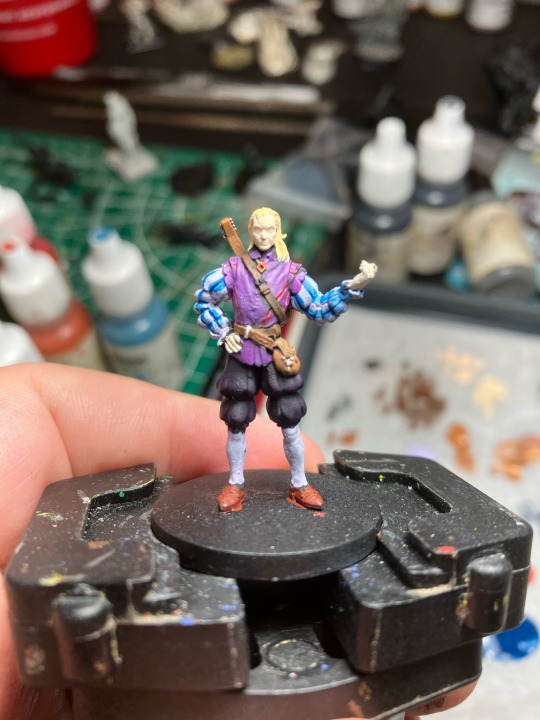
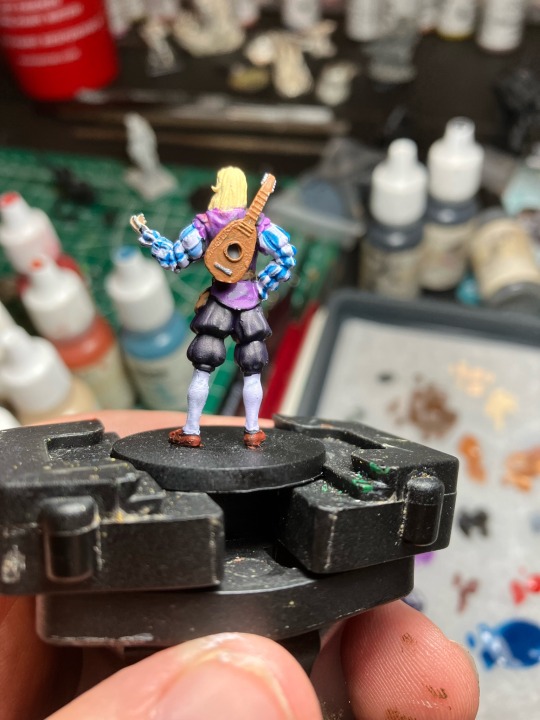
Here’s my take on The Minstrel, one of the BBEGs in the adventure module book by XP to Level 3, the Quest-O-Nomicon. I got it as an add on to their Kickstarter.
16 notes
·
View notes
Quote
'Mw . . . mw . . . mw,' the minstrel sang, and finally the words came out. 'Mad! Mad! Mad! You're all stark staring mad!'
Caleb patted him gently on the shoulder as they turned to follow their leader.
'We prefer the word berserk, lad,' he said.
Terry Pratchett - The Last Hero
#Terry Pratchett#discworld quotes#GNU Terry Pratchett#quotes#The Last Hero#the Minstrel#Caleb the Ripper#The Silver Horde#mad#berserk
41 notes
·
View notes
Text
That time Crowley was a jester and Aziraphale a minstrel…….

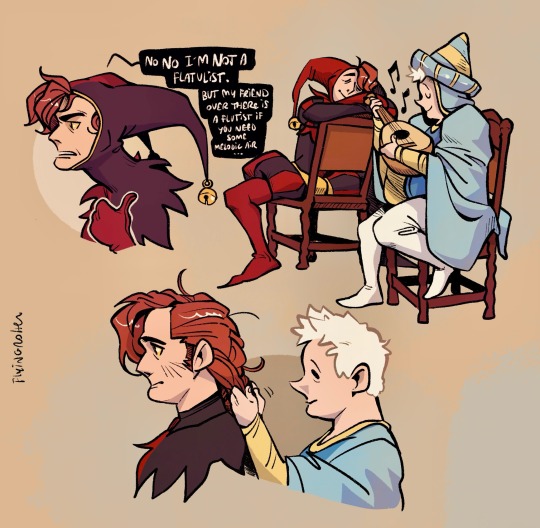
#good omens#aziraphale#crowley#aziracrow#ineffable husbands#medieval era#jester#minstrel#illustrator#procreate#digital art#my art
8K notes
·
View notes
Text


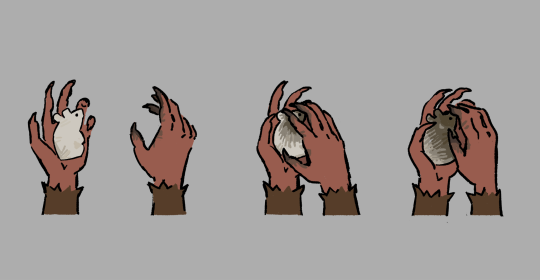

"Moving on"
#I'm not allowed to love anything THAT deeply#it's consuming me#ghost of a tale#silas wagstaffe#tilo the minstrel
544 notes
·
View notes
Text
From the Pop Culture Bunker 264
Holy Evildoers!
FTPCB 264
#sfppn#batman#adam west#villains#marsha queen of diamonds#shame#louie the lilac#false face#bookworm#the archer#the minstrel#ma parker#clock king
1 note
·
View note
Text
December; the 1st
Maglor

Ahr yes, I´m back on my "all of Maglor´s instruments are teal" and I´m loving it.
#sometimes i wanna put him in a jar and shake it really hard#this is not to be understood in a i dont like him way#cuz its not#i love him very much i just also hate him#murder minstrel#tolkien#silmarillion#jrr tolkien#maglor#makalaure#kanafinwe#christmas calendar#christmas art calendar#tolkien art christmas calendar#silm art#tolkien art#digital art#my art
478 notes
·
View notes
Text

imagine being friends with bugs and rats in your childhood during the black plague
#bsd#my art#fyodor dostoyevsky#silly sketch dont take it seriously#as for the robes the ones we saw looked very monastery issued so even though he claimed to be a minstrel i dont believe him#so he is like a monk apprentice here...? i dont know much about those times to say anything frankly#bungou stray dogs
251 notes
·
View notes
Text
I don't know if this is what Tolkien intended, but whenever I picture Maglor's Gap I picture it in the spring; a meadow in full bloom, with colorful flowers and gentle bumblebees. While Himring is icy for much of the year, the lower plains around it are warm and welcoming for a good few months in the spring and summer, and have much milder falls and winters.
I feel like it's important for Maglor's Gap to be not just a strategic choke point, but a genuinely beautiful piece of Beleriand that Maglor and his followers loved dearly. Somewhere they thought of as a home. Somewhere they eulogized in songs long after it was destroyed.
Maglor sings of the Gap, in the Noldolante, but the only part of it remembered there is the part where it was scorched into nothingness.
But he also told Elrond and Elros about his old home; keeping its better memories alive. Elrond, as Gil-Galad's minstrel in the Second Age, often sings songs about the wildflowers and songbirds of the Gap in Spring. Not many know that's what he's singing about, but he does, and that's enough.
#silmarillion#silm headcanons#elrond#elrond peredhel#elros#maglor#maglor's gap#beleriand#geography and nature of middle-earth my beloved#fluffy middle earth bumblebees could fix me actually#I feel like Maglor and Elrond are two very different kinds of memory#we need more minstrel Elrond also#it's very thematically interesting
165 notes
·
View notes
Text
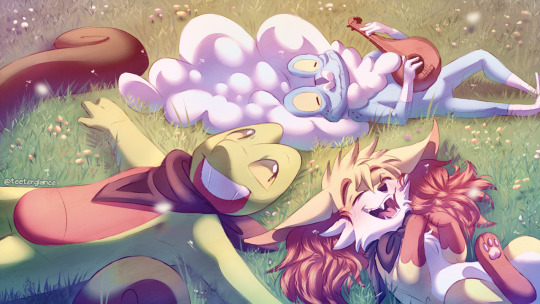
Team Unravel, unwinding
#pmd#pokemon mystery dungeon#pmd comic#pokemon mystery dungeon comic#fennekin#treecko#froakie#pmd the rogue team#Erin fennekin#Tabor treecko#Minstrel froakie#Team Unravel#my babies whom I love so :')#relaxing on a sunny day!#Teeter art#2023
555 notes
·
View notes
Text
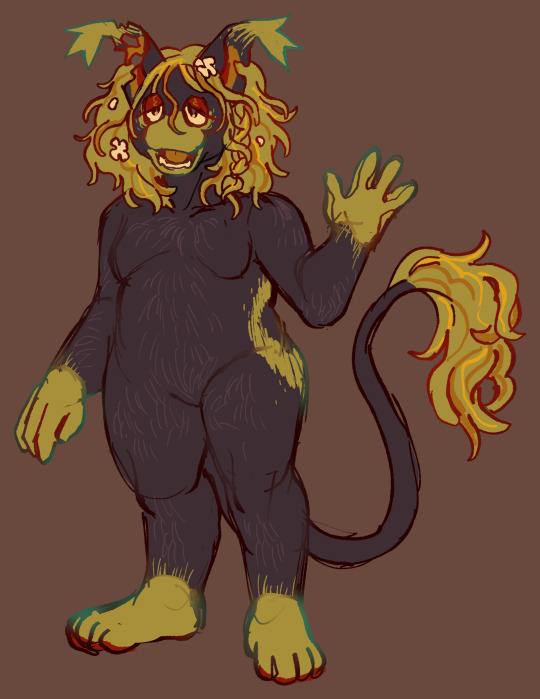
shout out to whatever this thing is
#art#fraggle rock#brool#brool fraggle rock#brool the minstrel#brool the minstrel fraggle rock#fraggle rock the minstrels
166 notes
·
View notes
Text
i saw a video about the Queen in Dungeon Meshi and her skin colour. and people in the comments had all sorts of theories on why she and Flamela have such dark skin. and it made me realise that a lot of people haven’t seen this page of the Adventurers Bible:
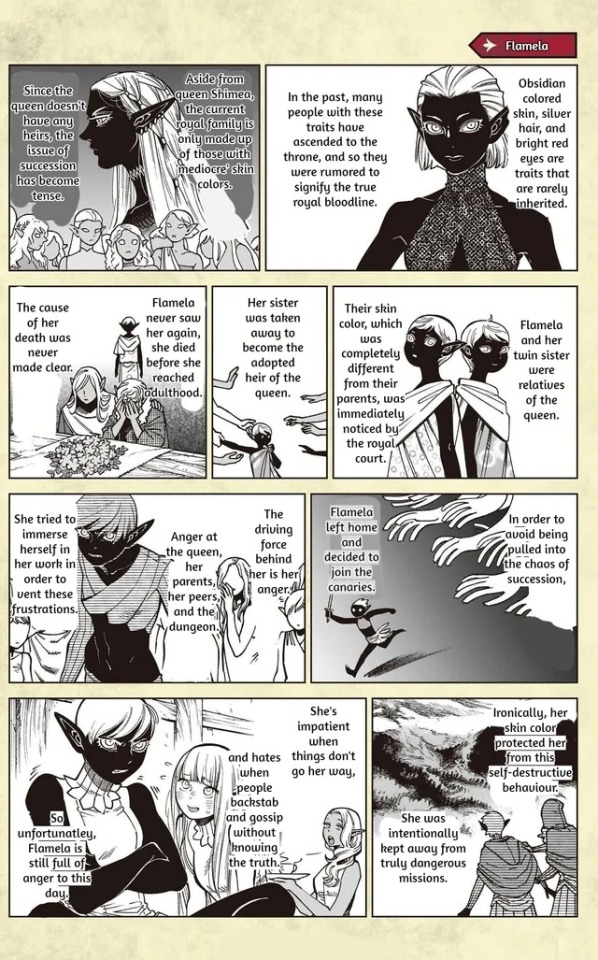
#people were saying they’re dark elves (in universe that’s actually a sort of outdated term for elves who do ancient magic)#that they thought it was a weird reference to minstrel shows (not really my place to speak on it#but they are drawn like all the other characters just a flipped colour scheme)#that they’re drow (maybe design was inspired by that but that’s it)#dungeon meshi#delicious in dungeon#flamela#there’s a lot to speculate about in her backstory. why was her sister the one chosen? did the queen kill her to keep the throne to herself?#how was it growing up separated from her twin but still so obviously a royal?#also to note. the very first Queen we see. why is her ear mangled like that? interesting
97 notes
·
View notes
Photo
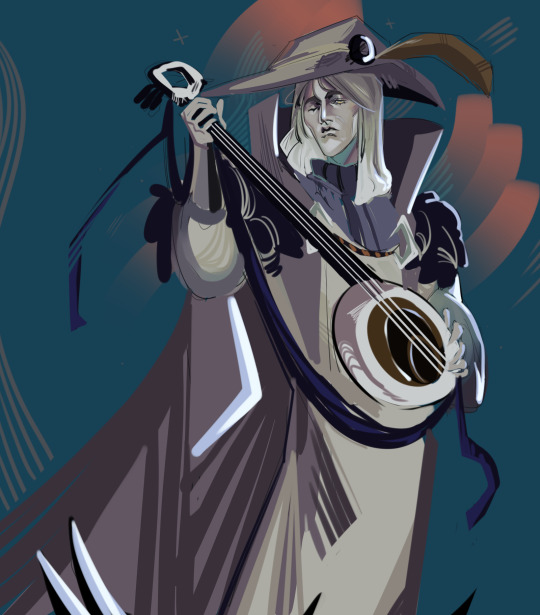
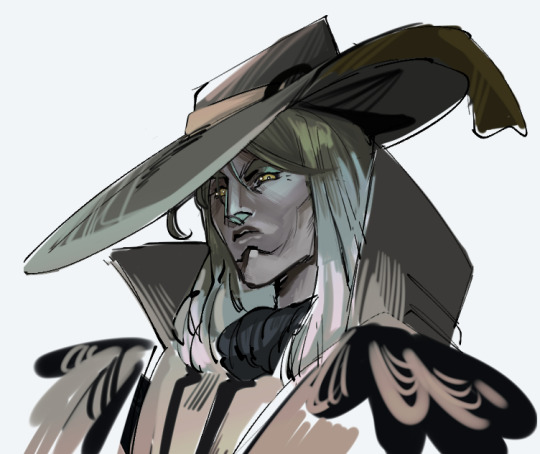
been replaying just for him tbh
#if you look at the 1st pyre drawing i did to this one. yeah.....#havent played it in like.. 5 years and im so :tearful: its so fun seeing all the characters again#relearning the game and lore :']#photo#photo set#pyre#pyre tariq#pyre the lone minstrel#the lone minstrel#tariq#pyre game
330 notes
·
View notes
Text
What are Minstrels, Jesters and Bards?

Keeping it up with me rambling about the middle ages and fantasy, let me talk about one of the things that seems to confuse a lot of people - especially because most fantasy media just kinda mixes this one up. The difference between Minstrels, Jesters and Bard. Given that all the words are so often used interchangably. But, indeed, there is a big difference, if we look at it from a historical perspective.
The very, very basic differentiation is like this:
A Bard was a Celtic song writer and storyteller
A Minstrel was a medieval travelling singer, poet, acrobat and storyteller
A Jester was a medieval singer, poet, acrobat and storyteller working at a cort. In the late medieval time they were more acrobats and people telling jokes though.
Also there is Troubadoures, who were mostly singers and storytellers at the courts.
Let me talk a bit about the different groups in detail, though.
Bards
Bard as a word comes specifically from the Gaelic word for "poet", which basically tells us most about them. as with so many things concerning the celts, the early history of them is not very well known. We do know, though, that they played a certain role within the Gaelic and Welsh societies both in keeping the oral history of the societies alive, as well as celebrating chiefs and warriors with their songs. Other than other aspects of Celtic societies, the bards did remain for a long while into the medieval period, though how the societies treated them did vary a lot by region.
While in some areas due to their connection to the Celtic (and hence indigenous) religion and culture, they were seen as "second class poets" in some areas - especially in Ireland - with the true poets being connected to the church.
Never the less: Whatever we still know about the Celtic mythology of the British isles is all only known thanks to bards. Because bards kept those oral traditions alive at times till the late and post-medieval period, allowing them to be written down.
Mistrels
Minstrels developed a lot in what their role was. In the early medieval period they were often still bound to courts of kings and lords, where they would perform a wide variety of things. Songs, poems, theatre, acrobatics and dance being most among them. But in the high medieval period it became more and more common that the courts would employ jesters and troubardores, who were more specialized. With those a lot of minstrels became travellers. They would travel the lands and always remain in cities and villages for a while, collect stories, perform their arts and then move on. As such they helped to spread stories throughout the lands - though people could not always be sure whether the stories they told and sang were true or not.
Minstrels often had close networks among each other, though. Exchanging stories and songs they had written and collected. As such they often had a very wide repatoir that they could share with the people.
It should be noted that while there were people like this throughout the entire medieval world, minstrels as we would call them were most common in Medieval France and England, with some also being around in Germany (that is the Holy Roman Empire). Travelling singers and songwriters in the rest of Europe had a bit of a different background, often being closer to the celtic bards.
And yes, minstrels are very much the closest thing here to what bards in DnD are displayed as.
Jesters
Among those noted here, jesters are probably the one occupation people have the best idea of, given that they are fairly big in even modern popculture - even outside of fantasy. I mean, in your standard deck of cards the "Joker" usually is portrayed as a jester.
Jesters were fairly interesting. While they also would at times do poetry and songs, they often were more acrobats, joksters and magicians, who most of the time were bound to the court of a lord, duke or king. In these positions they did however often serve a very important role, as they were allowed to hold a mirror to whoever they served and give them the truth. Basically: They were allowed most of the time to criticize even kings. (Which does not mean that they always got away with it - but usually they got away with way more than most people.) As such a common idea of a jester was, that they were supposed to be wise and also act as a sort of advisor to whomever they served.
Interestingly enough there is a lot of historical evidence that often enough this specific roll was filled by disabled and disfigured people, who could not work in other rolls. Which in hindsight is interesting especially because it gave some disabled people a very important role within the society.
Troubadours
Finally we have the troubadours, who were most of all singers and poets working at the courts. Their art was seen as more "high class" than the work of the normal minstrels. They often would entertain nobility during their feasts and on festivals and celebrations. While they were not the same as jesters, they often were however allowed to parody and do satire of the lords, with that also reflecting on their actions.
So, yeah. There is a difference between these words. While there definitely were bards that served as troubadours, and troubadours who ended up becoming minstrels... It was a bit of a difference between those roles.
The fact that the bards were so tied to celtic cultures is especially a fact that so often gets overlooked.
So, there you have it. xD Maybe some food for thoughts for my dear fellow bard players.

#history#european history#medieval history#middle ages#nobility#royality#bard#bards#minstrel#jester#troubadour#celts#ancient celts#dungeons & dragons#dnd#baldurs gate#baldurs gate 3#the witcher#jaskier
100 notes
·
View notes
Text
Clive in Eorzea
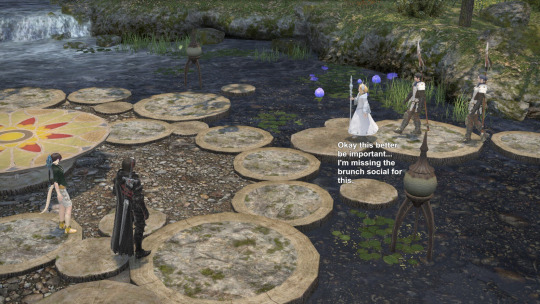
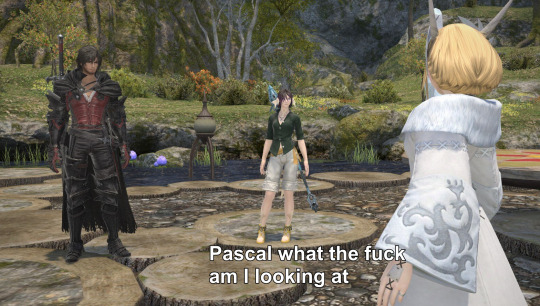
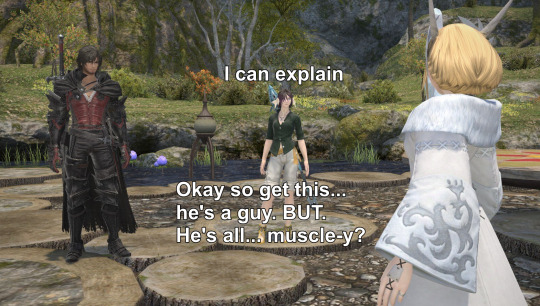
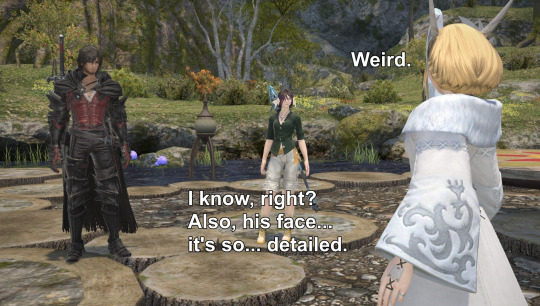

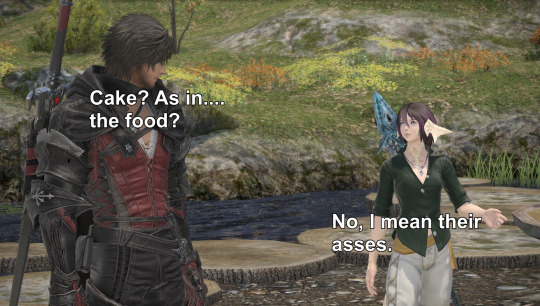
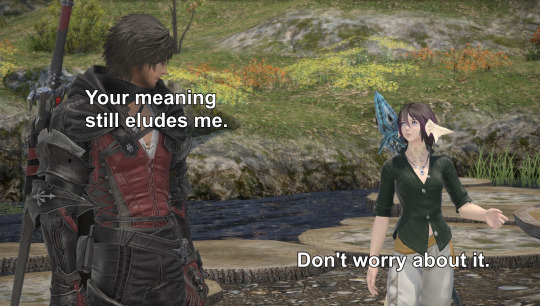
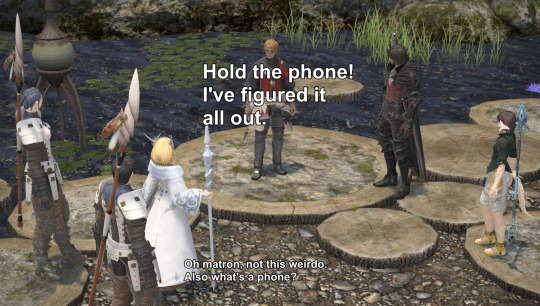

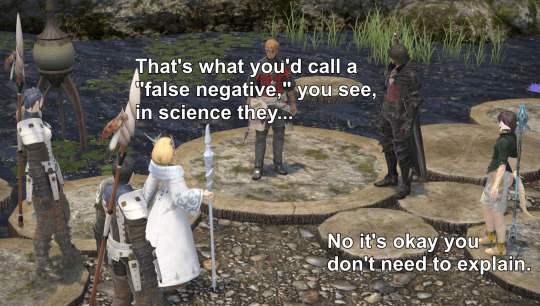

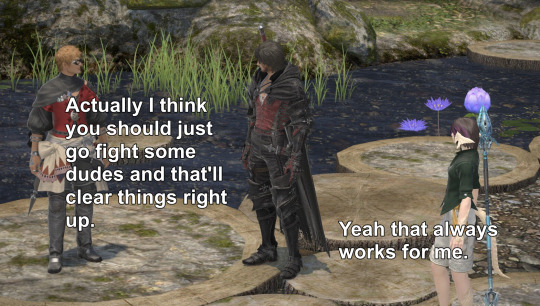
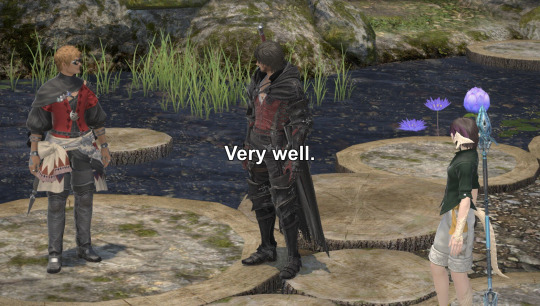

...except something's not quite right. Also, the FF14ers speak like they're from FF16, and Clive sounds like he's from Eorzea...
Part 0
#ffxiv#ff14#final fantasy xiv#final fantasy 14#final fantasy 16#final fantasy xvi#ffxvi#ff16#the path infernal#ffxiv x ffxvi#ff14 x ff16#clive rosfield#the wandering minstrel#kan e senna#the warrior of light#warrior of light#wol#au ra wol#wol oc#ffxiv oc#humor#ffxiv humor#ffxiv screenshots#ffxiv wol#ffxiv memes#ffxvi memes
40 notes
·
View notes
Text


692 notes
·
View notes
Text
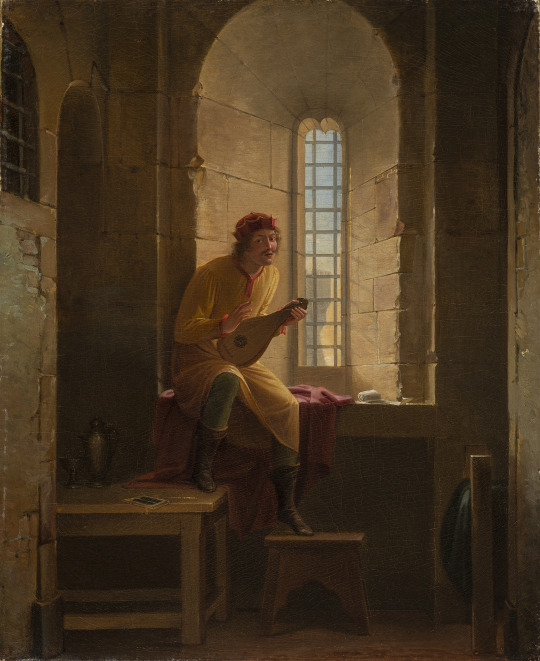
Richard the Lionheart Answers Blondel de Nesle’s Singing
by Jean Antoine Laurent
#richard the lionheart#blondel de nesle#art#jean antoine laurent#dürnstein castle#austria#prison#troubadour#trouvère#medieval#middle ages#richard cœur de lion#king#england#minstrel#dürnstein#castle#wachau#third crusade#crusades#song#singing#music#romantic#romanticism#richard i#king of england#crusader
50 notes
·
View notes